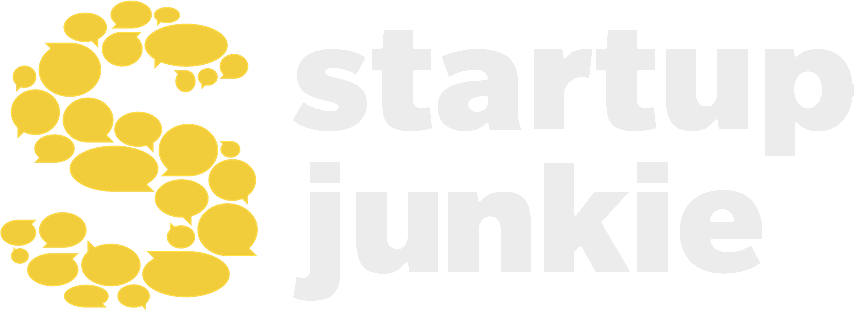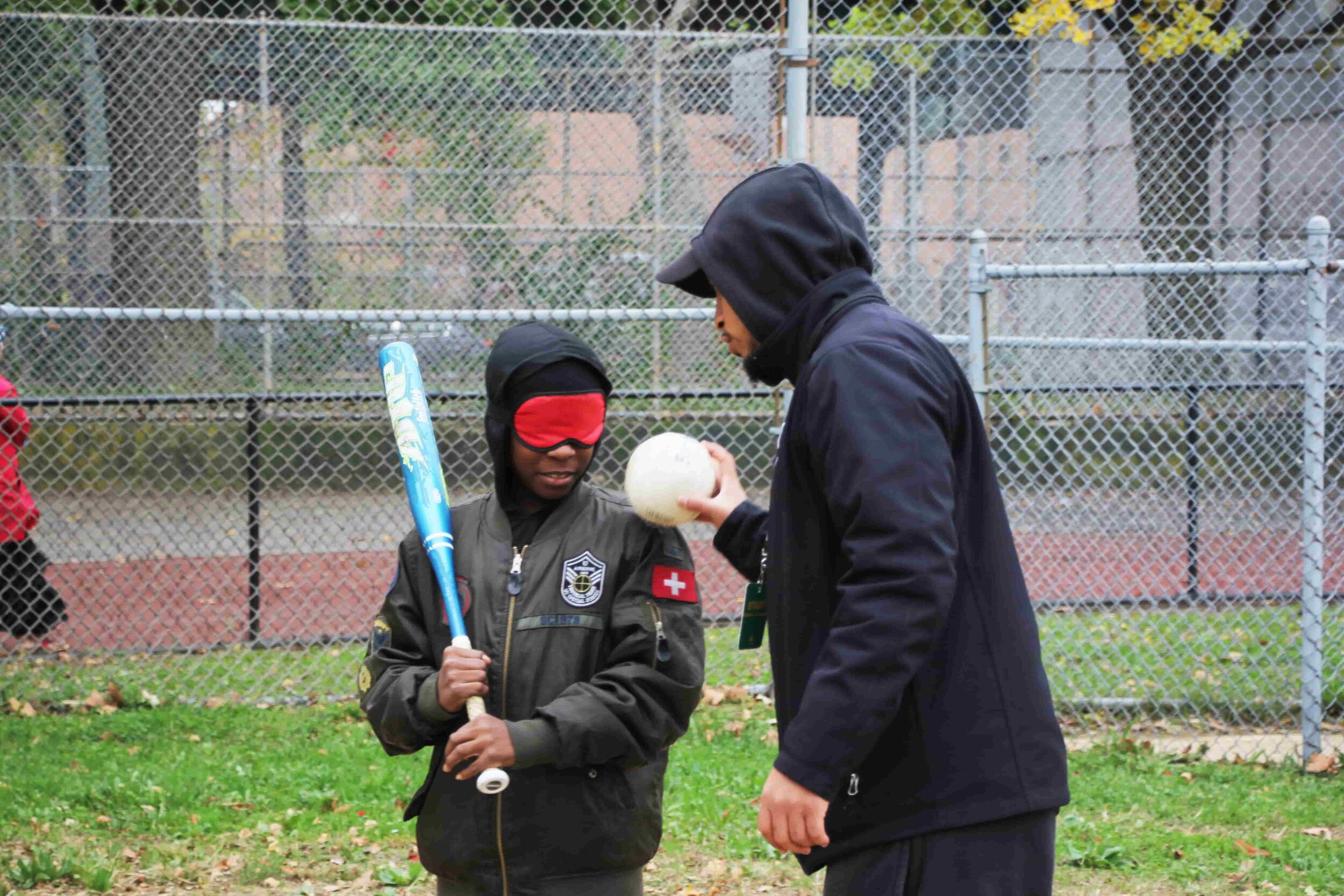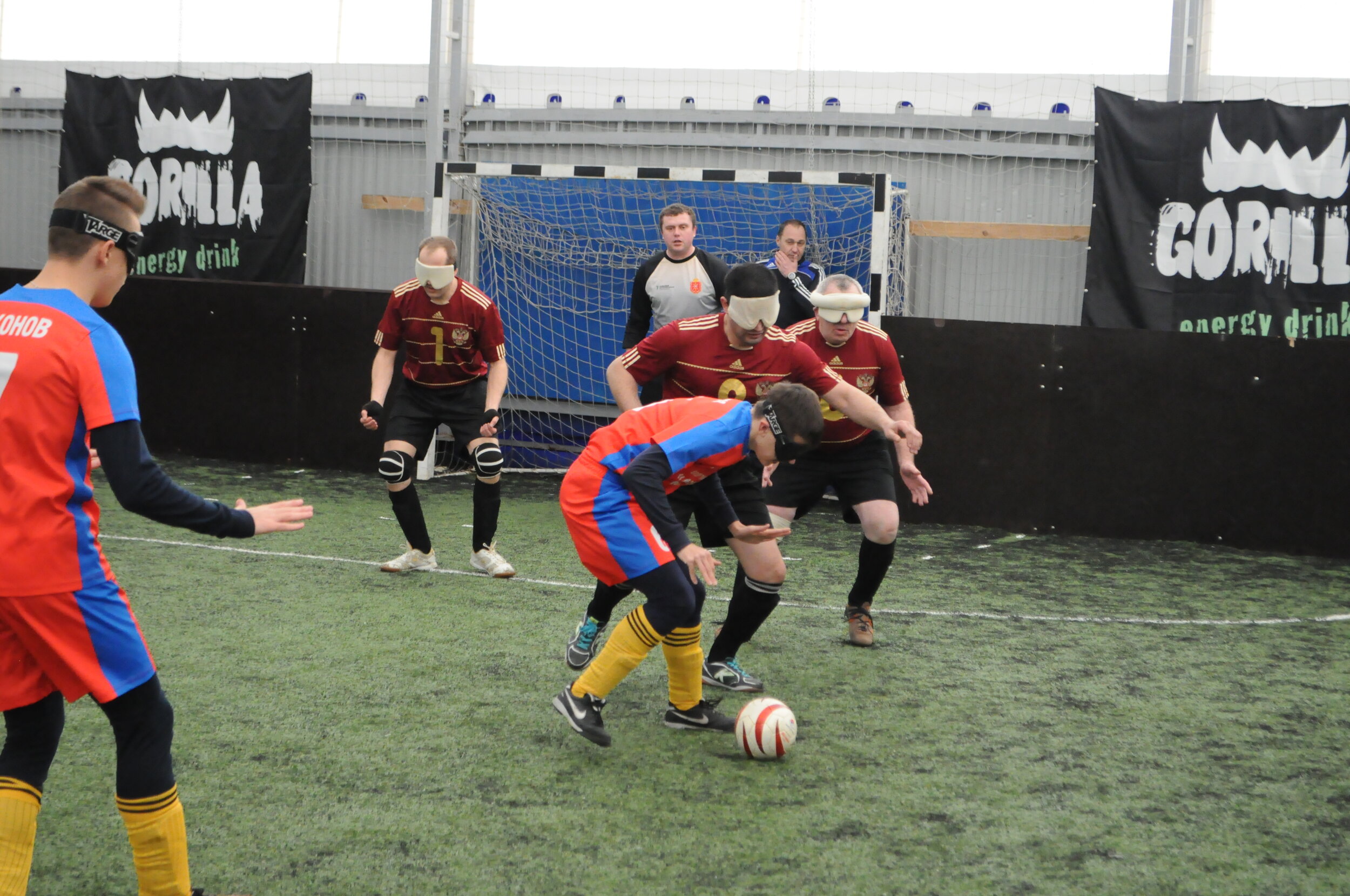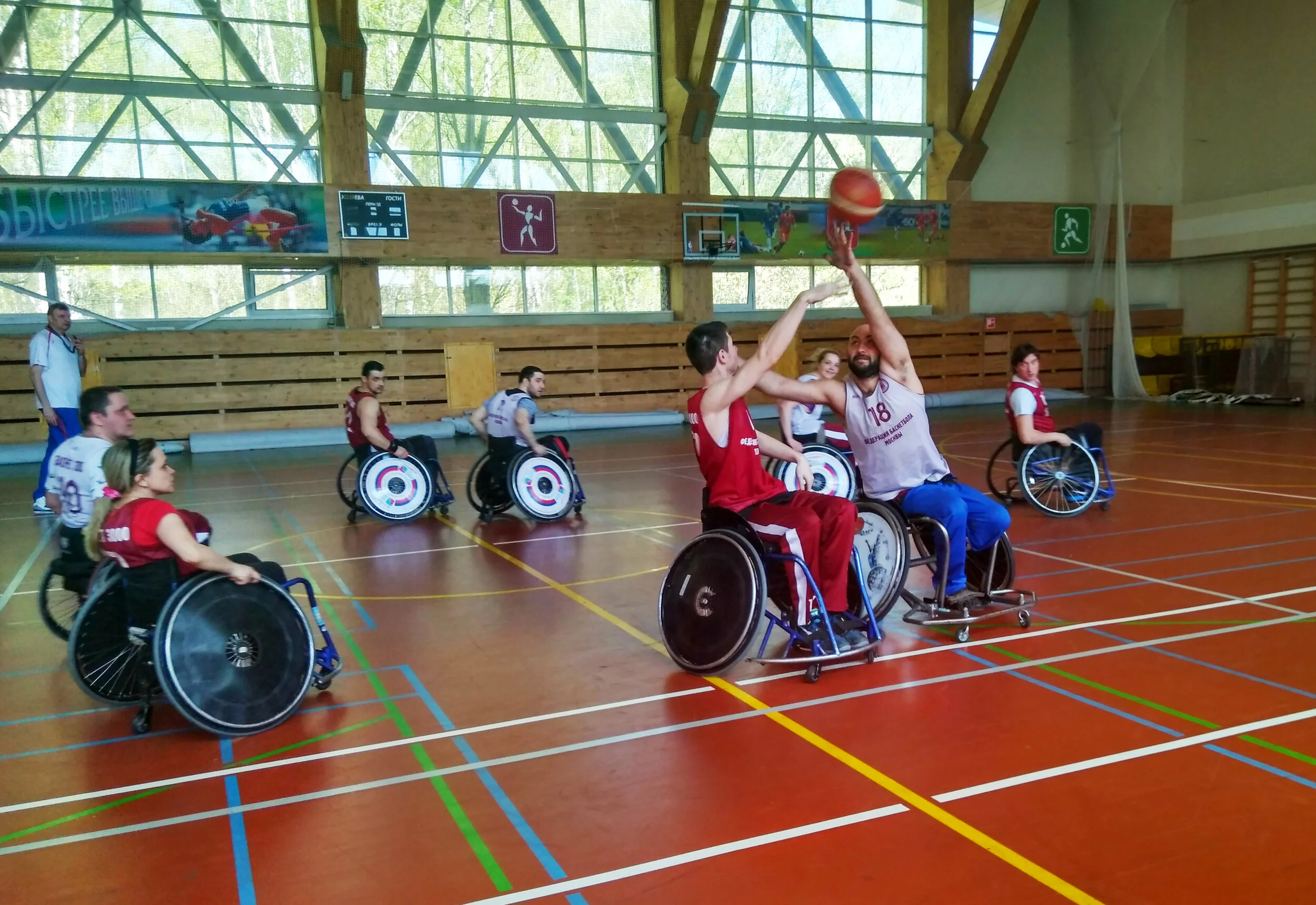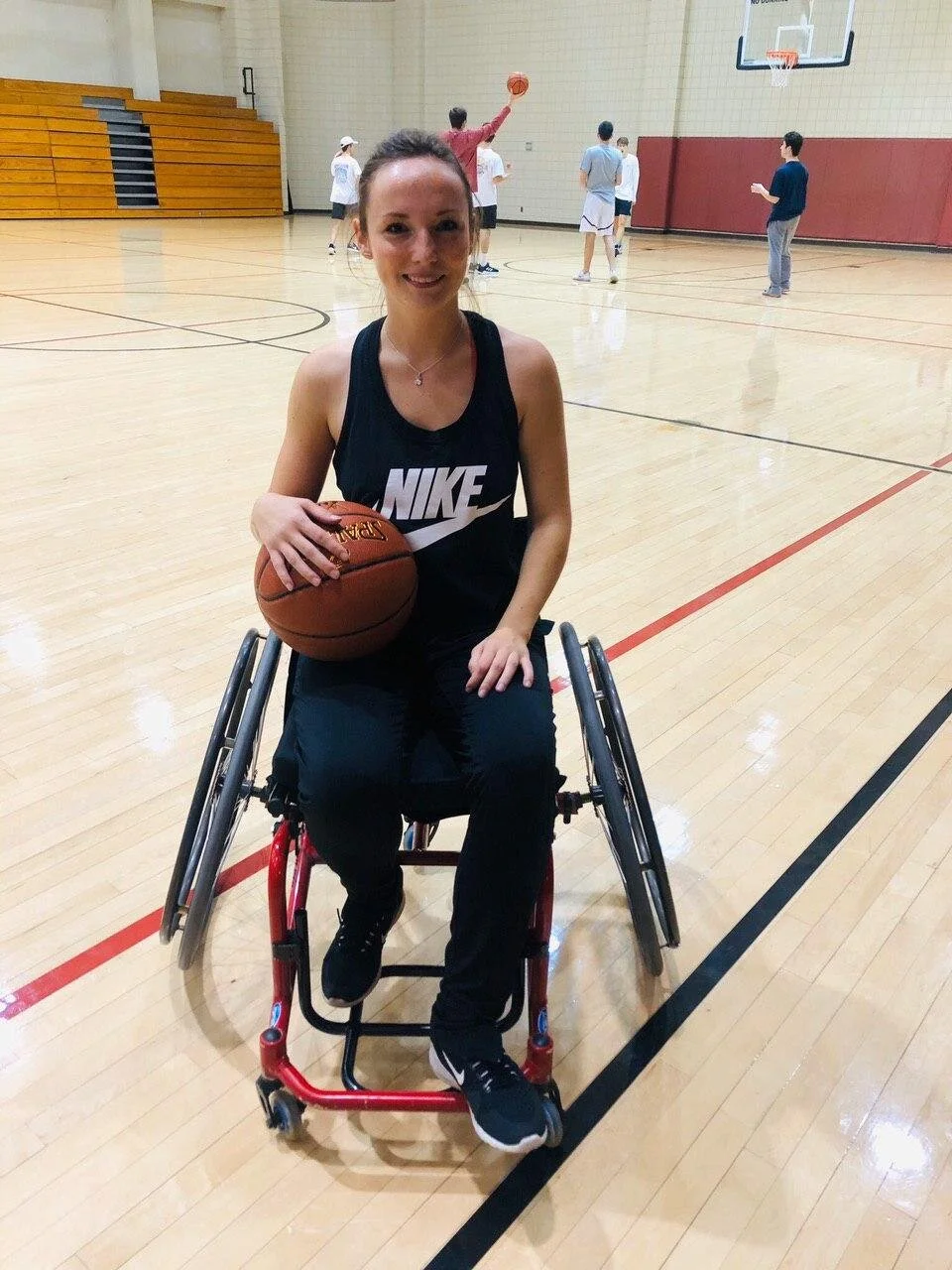Moscow native Olga Khokhryakova has only called Fayetteville home for six months, but she’s ready to make waves in the world of social entrepreneurship with her latest venture. The University of Arkansas graduate student is developing an online platform, called SameSport, aimed at improving equity in the world of sports by connecting people with and without disabilities over shared activities.
According to Khokhryakova, the first step is to create a database of adaptive sport clubs for people with disabilities. “Today, people simply are not aware of opportunities to do sports, because clubs usually do not have resources for promotion,” she said. “Opportunities for people of all ages and with all types of disabilities exist in different places. For example, wheelchair basketball, rugby, and tennis, blind soccer, sledge hockey, equine therapy and lots of others. Almost every sport is accessible, and some of these can be found in Northwest Arkansas.”
The Fulbrighter also hopes to make more sports inclusive to those with disabilities. “For example, wheelchair basketball – is just another type of basketball with special equipment,” she said. “At the University of Arkansas, there are wheelchair basketball trainings which are open both for people with and without disabilities. Students can come, sit in a wheelchair and play [with others]. This is a great example of inclusion.”
Khokhryakova is an award-winning journalist by trade, with nine years of experience in journalism and public relations for nonprofit organizations. She attended the Paralympics Games in Sochi in 2014, and it was there she realized the need for such a platform.
“I experienced a spectrum of emotions there,” she said. “I saw totally blind people mountain skis. I saw confident people on snowboards who could barely walk off their boards. I asked myself, “Why have I never seen this before? Why aren’t the Paralympic Games as popular as the Olympic Games?’
This inspiration prompted her to begin working in adaptive sports promotion. This helped Khokhryakova continue to develop her concept. In 2017, she launched the first database of sporting clubs for people with disabilities in Moscow – SameSport.ru.
“Visitors to the website can search sports clubs using the following filters: type of disability (physical, visual impairment, hearing impairment, mental illnesses), type of sport and location. Also, clubs can be seen on the map. Each club profile contains photos, the description of lessons, type of disabilities, schedule, information about the coach and contacts. Today there are about 80 profiles of sports clubs in the database. Also, we publish news and stories around adaptive sports.”
Now, she’s bringing that concept to Northwest Arkansas. “I am working on launching the similar database of adaptive sport clubs for people with disabilities here,” she said. “I developed this project with mentorship of Social Innovation Initiative at the Office of Entrepreneurship and Innovation in the Walton College of Business of the University of Arkansas. Also, I was accepted to participate with this project in Clinton Global Initiative University 2020.
“This is just the beginning,” she said. “I aim to make SameSport a worldwide project with chapters in every country.”
But even the best ideas come with challenges. For Khokhryakova, the biggest challenge has been developing a social business model.
“It is not easy to find revenue streams for a project which works with information, connections, minds and behaviors, especially when it is in a field which is traditionally nonprofit,” she said. “I talk to people from business and nonprofit sectors to brainstorm ideas and validate those that I already have. After every conversation, I have a lot of new ideas to consider.
“I deeply believe that social business is the best way to make a change, as it requires to be effective, to grow and meet real needs. At the same time, it is about sustainability, which is a weak point of many social initiatives.”
This year, Khokhryakova hopes to officially launch the database in Northwest Arkansas and make participation as inclusive as possible.
“During the last four months of customer discovery, I have met with more than 25 nonprofits, UA representatives and people with disabilities and their relatives,” said Khokhryakova. “Almost everyone was keen on working together as the idea of my project is to connect. A lot of potential partners are looking forward to the launching of the project, and we are planning a pilot project with Veteran Health Care Systems of Ozarks.
“Sports are a natural and healthy way to change people’s perceptions, especially of people without disabilities, because it is about being teammates, which means equal – not a volunteer and a person in need,” she explained. “Also, research proves that sports improve not only the physical and mental health of people with disabilities but also the quality of life, community involvement, self-efficacy, and even employment level. So, there are a lot of outcomes and directions for future growth.”
Olga Khokhryakova
